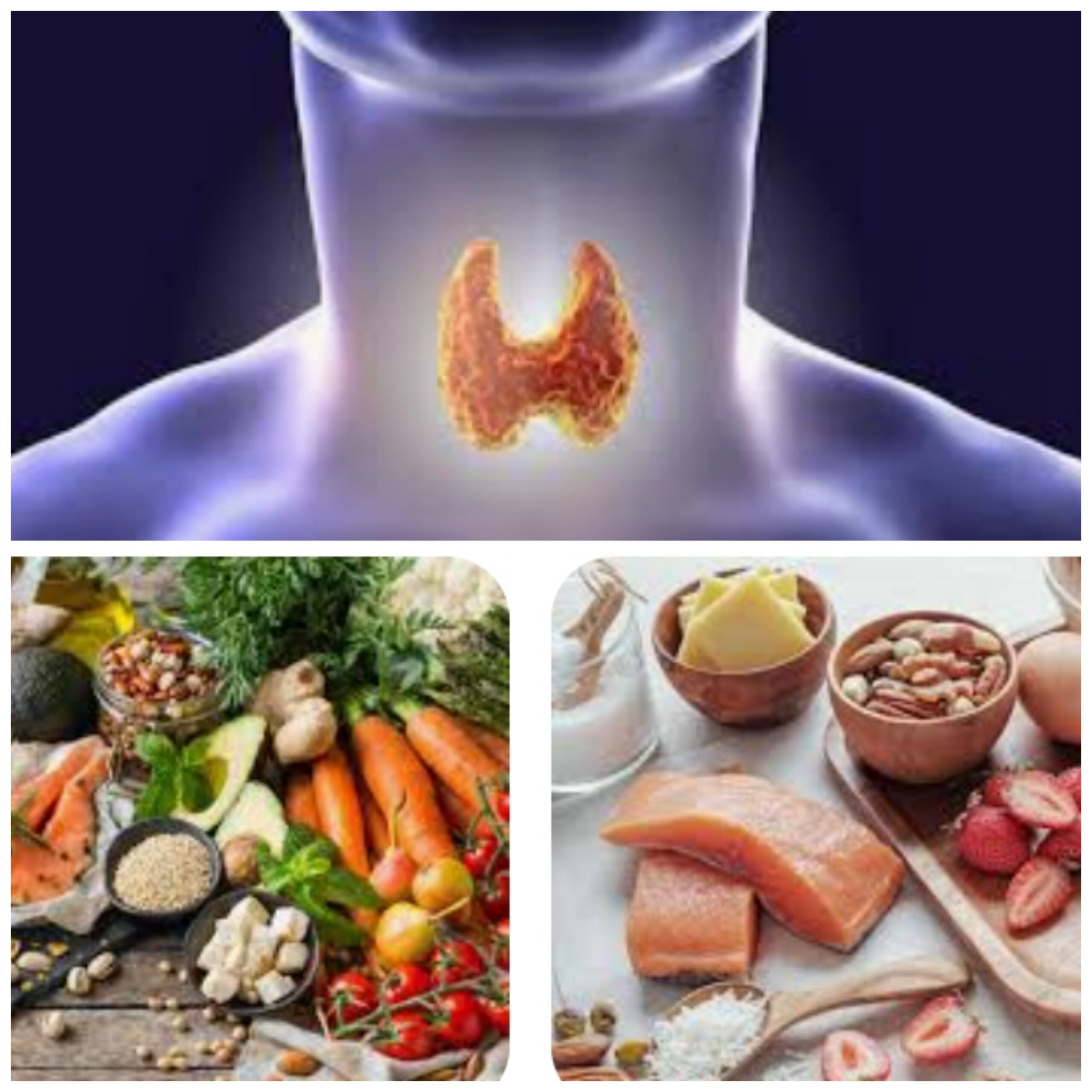Thyroid glands are the most important part of our endocrine system; this gland is responsible for regulating everything starting from our mood, weight, body temperature, metabolism and digestion.
Our thyroid gland acts as a modulator and is susceptible, therefore can quickly go off-balance in no time.
The thyroid is a small, butterfly-shaped gland found at the front of our throats just below the Adam’s apple. The main function of thyroid glands is to create thyroid hormones, T4 and T3 which are released into blood where they take care of our body’s temperature, metabolism, heart rate, muscle control, bone maintenance and brain development.
The release of these hormones is controlled by the TSH (Thyroid-stimulating hormone) produced by the pituitary gland. The body utilizes them to assist with energy flow and to monitor other hormonal functions.
Under normal conditions, thyroid releases just the right amount of hormones so that TSH levels remain constant. But in some cases, this mechanism can get affected causing the thyroid levels to malfunction and lead to the conditions being Hypothyroidism and Hyperthyroidism.
Those suffering from an underactive thyroid condition are known as Hypothyroidism due to lack of thyroid hormones that slows down the body’s mechanism, causes sluggishness, weight gain, heart complications and depressive states. The ones facing an overactive thyroid disorder is called Hyperthyroidism, which can result in increased heart rate, anxious states and weight.
A severe form of thyroid disorder can cause Hashimoto’s and Graves’s disease. Hashimoto is a condition in which the body recognises thyroid antigens and foreign and starts attacking them.
Nutrients Required for a Healthy Thyroid
Iodine is one of the main nutrients needed for a well-functioning thyroid. However, one should be careful as too much of it can pose problems and lead to hypothyroidism.Tyrosine is another important nutrient required for thyroid formation that can be found in peanuts, almonds, banana, line beans, avocados, pumpkin seeds and sesame seeds.Other important nutrients essential for the proper functioning of thyroid hormones are vitamin B, clean sources of fats, a good amount of amino acids, and a variety of fruits and vegetables that supply high-quality natural vitamins and minerals.Zinc and copper are two such minerals that are necessary for the conversion of T4 to T3.”People with thyroid dysfunction can certainly use millets like ragi, amaranth, little millets but need to refrain from pearl millet and sorghum as these contain anti-thyroid components.
Nutrients that are Harmful:
Goitrogens get their name from the term Goitre, which results in an enlarged thyroid gland that may occur with hypothyroidism. Foods containing goitrogens are recommended to be avoided since these compounds tend to block iodine absorption.
Foods that contain goitrogens are,
- Soy curd called tofu.
- Vegetables like cabbage, broccoli, kale, cauliflower, spinach, etc.
- Fruits and starchy plants: sweet potatoes, peaches, strawberries, etc.
- Nuts and seeds: millet, pine nuts, peanuts, etc.
One way to avoid the harmful effects of goitrogenic compounds is to steam your cruciferous vegetables like broccoli, cabbage, cauliflower, turnips and cook or roast your beans, nuts and millet properly before consuming so that the goitrogenic compounds can be highly reduced.
Supplements: Selenium and Iodine are essential for healthy thyroid, but getting too much as a supplement may cause significant harm.





